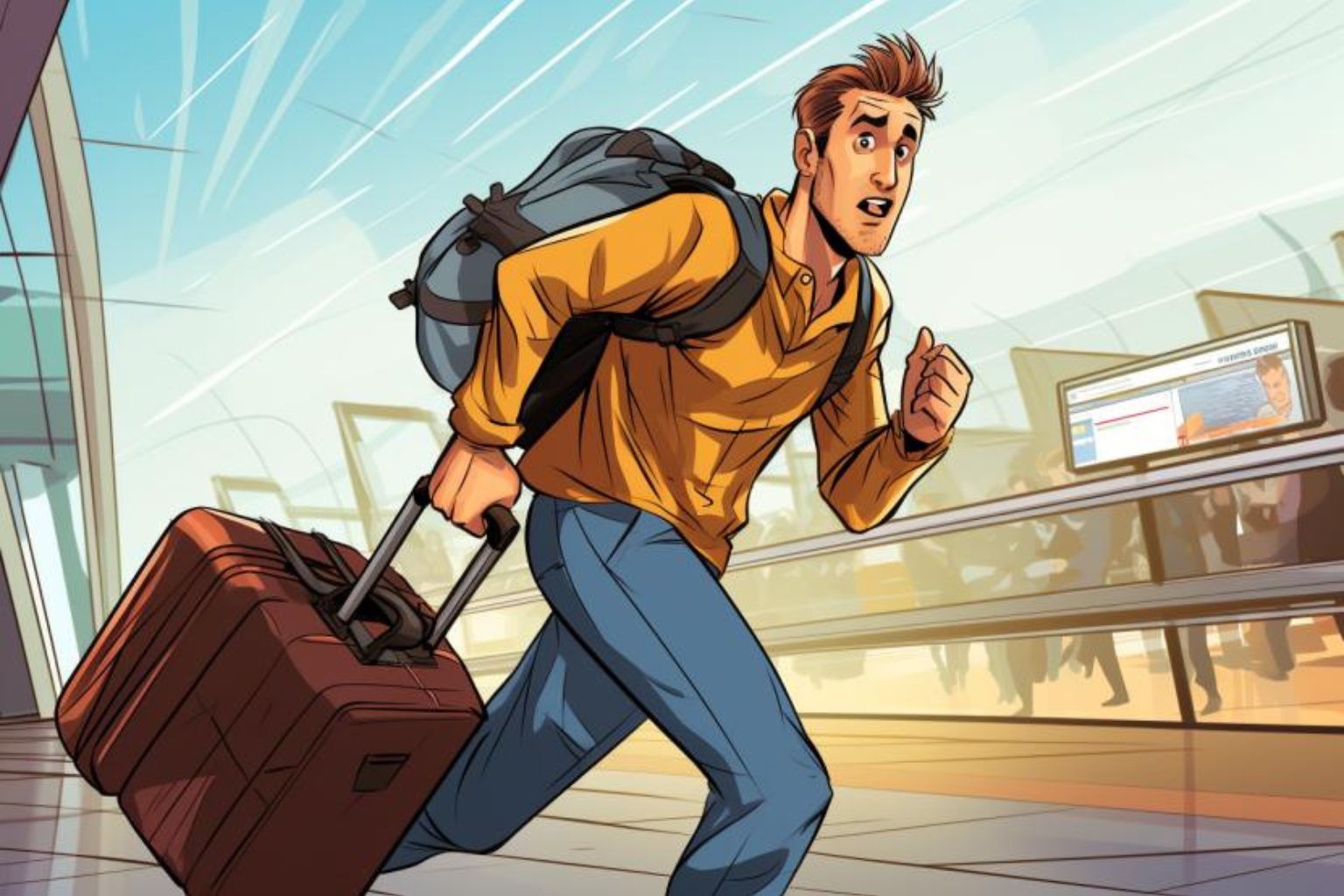Close calls are the narrative glue of aviation journalism. Where would we be without stories of near-misses, mechanical failures and emergency landings?
We might be less understanding of Sean Norton’s problem. His Delta Air Lines flight from Philadelphia to Paris had to divert to Ireland on Nov. 19, causing him to miss a connecting flight. He wants to know if Delta helped him enough, given that a mechanical problem is a controllable circumstance.
This isn’t an easy case, and you’ll see why when we get into the aviation details. But first, we have to acknowledge that things could have been much worse. Delta Flight 196 could have gone down, in which case I’d be hearing from Norton’s next of kin.
How far should an airline go to fix a schedule that’s disrupted by a mechanical failure?
Delta’s contract of carriage doesn’t address emergency landings, so the airline has a lot of discretion in addressing the issue.
Has aviation done enough?
Question is, did it do enough?
Norton says the flight to Paris was routine until about 2 1/2 hours before landing, when the right engine failed.
The pilot declared an emergency landing and diverted to Shannon, Ireland.
At the point of declaring an emergency landing, the pilot assured us everything was OK by informing us that he “just did this training on the simulator.” I was sitting on the right wing, the flight attendent came over and asked me if I could look out the window and “see if the engine was smoking.”
Let’s say that stress was rather high on this flight.
We landed safely in Ireland and on the plane I was told that we would be given vouchers once in the airport for food. I never received a voucher and couldn’t find a Delta representative to get one. So I spent my own money for Delta’s delay on coffee and breakfast and lunch.
Delta managed to get the passengers from Flight 196 to Paris six hours later.
I had booked an EasyJet ticket to Portugal, not connected with the Delta flight. When booking, I was quite positive that I would not miss this flight, given the eight hour layover that was scheduled in Paris.
As we landed, I realized there was no way I was going to make my flight. I asked the flight attendent if they could talk to EasyJet for me. They said no. The Delta representative told me that as far as they were concerned, they got me to my destination.
In the end, I spent an extra $450 getting to my final destination.
A passenger’s contemplation of credit card dispute
Delta offered Norton a $200 voucher for his trouble, and what he calls a “very smug response from a customer service representative.” He’d like to at least cover the expense of his connecting flight, but he’s also considering disputing his credit card charge for the entire Delta ticket. (Here’s what you should do if your flight gets delayed or canceled.)
I don’t think a charge card dispute would be successful. After all, Delta fulfilled its contract by delivering him to his destination — even if it was six hours later than he expected.
It would have been nice of Delta to contact EasyJet on Norton’s behalf to explain his circumstances. It would have been even nicer if he’d purchased both tickets together, through a travel agency, which would have allowed EasyJet to rebook him at no extra cost. (Related: If you’re standing in line at the airport, don’t do this!)
But I see his point — an eight hour stopover in Paris is more than enough time to make a connection.
I’m not sure if European consumer protections for airline passengers would apply to this situation. I think invoking them at this point would probably be unproductive.
So what do you think? Did Delta do enough?
I closed the survey just short of 800 responses. It was a close one!




